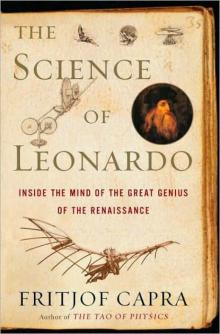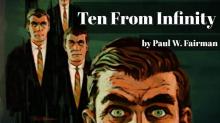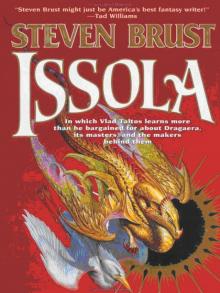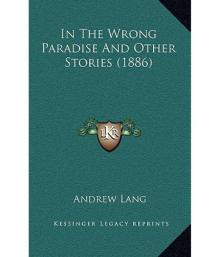The Science of Leonardo: Inside the Mind of the Great Genius of the Renaissance


Author: Fritjof Capra
Category: Science
Published: 2007
Series:
View: 221
Read OnlineLeonardo da Vinci's scientific explorations were virtually unknown during his lifetime, despite their extraordinarily wide range. He studied the flight patterns of birds to create some of the first human flying machines; designed military weapons and defenses; studied optics, hydraulics, and the workings of the human circulatory system; and created designs for rebuilding Milan, employing principles still used by city planners today. Perhaps most importantly, Leonardo pioneered an empirical, systematic approach to the observation of nature-what is known today as the scientific method.Drawing on over 6,000 pages of Leonardo's surviving notebooks, acclaimed scientist and bestselling author Fritjof Capra reveals Leonardo's artistic approach to scientific knowledge and his organic and ecological worldview. In this fascinating portrait of a thinker centuries ahead of his time, Leonardo singularly emerges as the unacknowledged “father of modern science.”From the Trade Paperback edition.From Publishers WeeklyCapra, author of the classic The Tao of Physics, makes the case in this fascinating intellectual biography for the great artist Leonardo being the unsung father of modern science. Drawing on approximately 6,000 pages and 100,000 drawings surviving from Leonardo's scattered notebooks, Capra explores the groundbreaking research of this quintessential Renaissance man. Illegitimate, born in a Tuscan village in 1452, Leonardo did not receive a classical education, a fact that, Capra notes, later freed him from the intellectual conventions of his time and allowed him to develop his own holistic, empirical approach to science. Apprenticed with Verrocchio in Florence around the age of 15, Leonardo became an independent artist when he was 25, but his intellectual appetites demanded more. He taught himself Latin and began the famous notebooks, a record of his artistic and scientific explorations. The recurring patterns he saw in nature led him to create what Capra calls a science of wholeness, of movement and transformation. Capra expresses his own intellectual kinship with Leonardo's multidisciplinary perspective on science, one that recognizes the fundamental interdependence of all natural phenomena—a view he sees as particularly relevant today. Illus. (Oct. 30) Copyright © Reed Business Information, a division of Reed Elsevier Inc. All rights reserved. Review“Minutely researched, vividly written, and endlessly fascinating, The Science of Leonardo opens up a realm which has never been adequately appreciated.” —Dr. Oliver Sacks“Illuminating and impassioned . . . . A profound and clear exploration of Leonardo's scientific thought.”—The San Francisco Chronicle“A delight . . . . Lucid and spirited, it sparks a whole series of ideas and questions for further investigation.”—American Scientist“A fascinating glimpse of the road not taken by Western Science. Capra makes a compelling case that the science of the future may look a lot more like Leonardo's than Bacon's or Descartes -- a science of systems, non-reductive and akin to an art.” —Michael Pollan, author of Botany of Desire and Omnivore's Dilemma“Vivid and compelling. . . . Leonardo himself would have nodded in approval of this book, because for the first time it crystallizes the entire body of his work into a coherent, unified whole.” —Michio Kaku, author of Physics of the ImpossibleFrom the Trade Paperback edition.
 A Tale of Time City
A Tale of Time City Familiar Demon
Familiar Demon Ten From Infinity
Ten From Infinity Issola
Issola Awaken His Eyes: The Awakened Book One
Awaken His Eyes: The Awakened Book One Metal Warrior: Ring of Steel (Mech Fighter Book 7)
Metal Warrior: Ring of Steel (Mech Fighter Book 7) An End of Poppies
An End of Poppies In the Wrong Paradise, and Other Stories
In the Wrong Paradise, and Other Stories